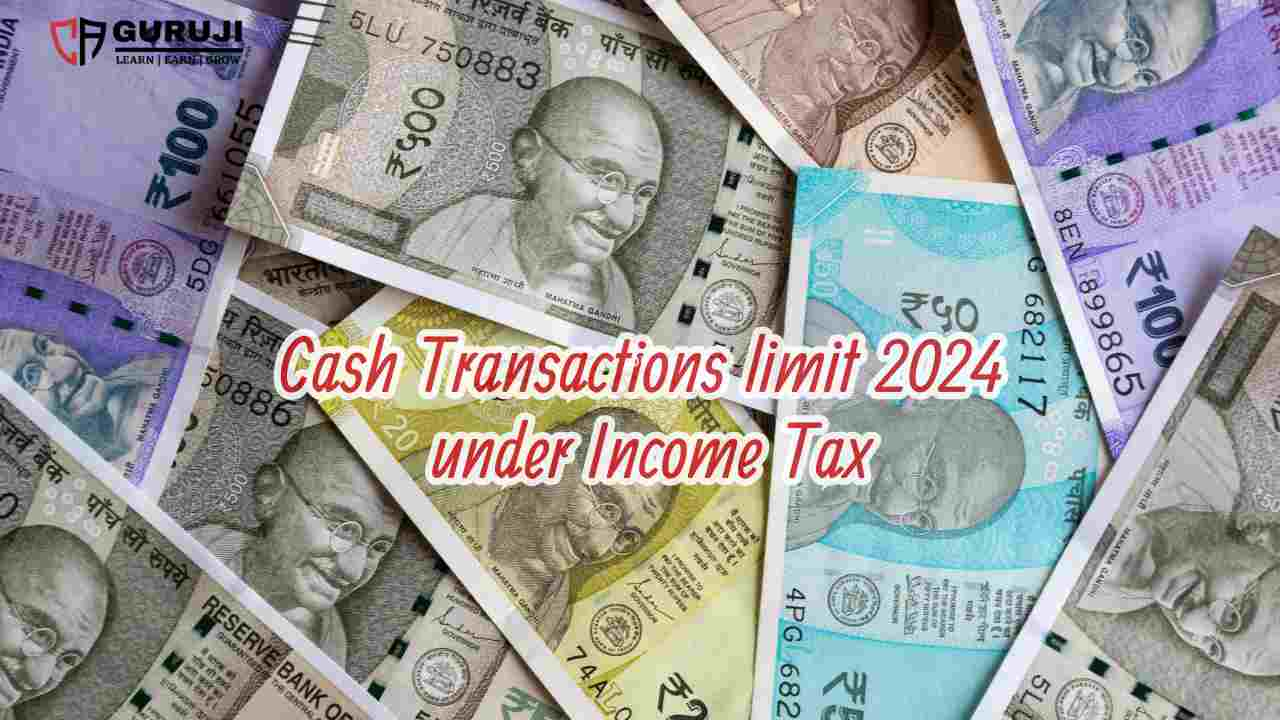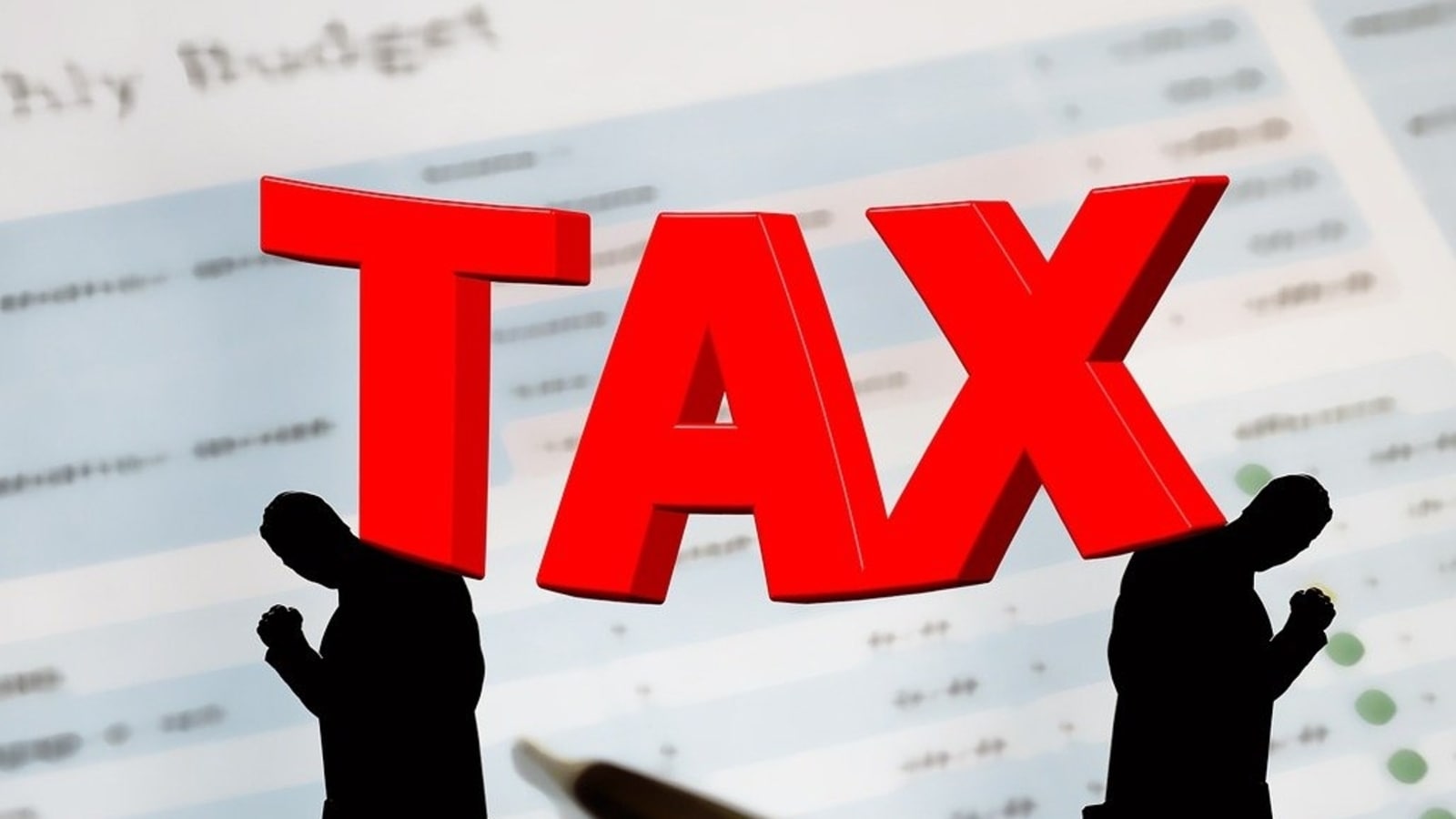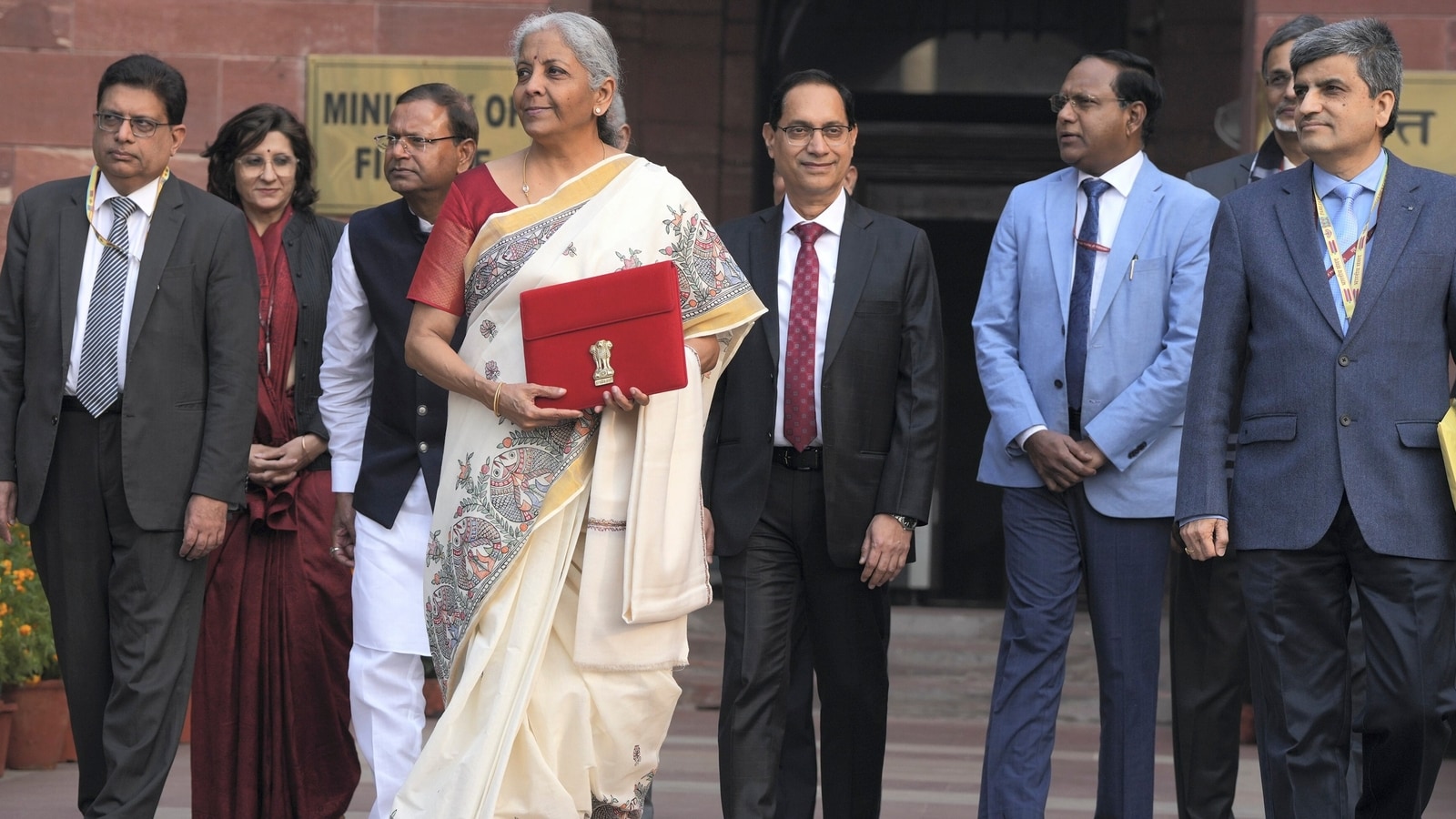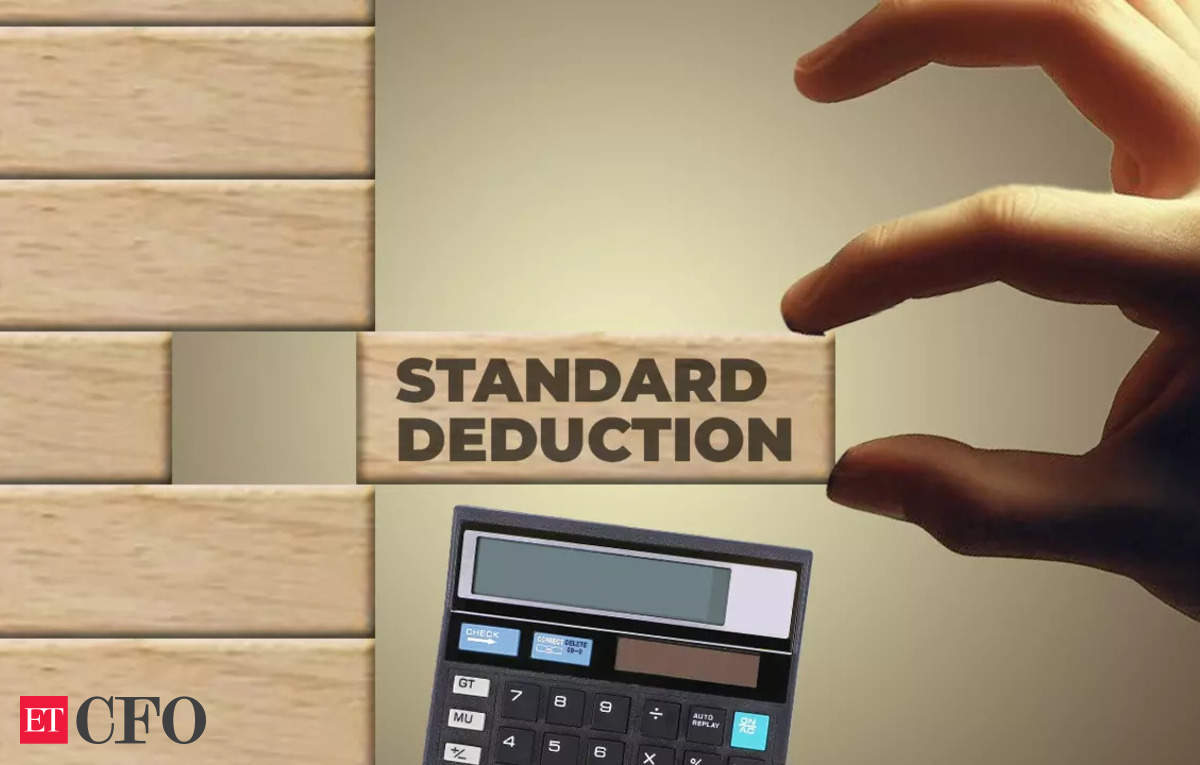Managing cash transactions is a critical aspect of financial compliance for taxpayers in India. The Income Tax Act, 1961, stipulates specific regulations and limits on cash transactions to promote transparency and curb the circulation of black money. Understanding these provisions is essential for individuals and businesses to avoid penalties and ensure adherence to tax laws. This article provides a detailed overview of key sections, such as 40A(3), 269ST, 269SS, and more, outlining the restrictions and exceptions related to cash payments, receipts, loans, and donations. By navigating these regulations effectively, taxpayers can maintain compliance and contribute to a more transparent financial ecosystem.
Section 40A(3)
- Overview: Limits on cash payments to a single person on a single day.
- Details:
- Maximum cash payment to a single person on a single day should not exceed ₹10,000.
- For payments made for plying, hiring, or leasing goods carriage, the limit is ₹35,000.
- Payments exceeding these limits must be made through an account payee cheque, account payee demand draft, or electronic system.
- Exceptions:
- No disallowance under Section 40A(3) if payment is made to:
- RBI, SBI, any banking company.
- LIC, primary agricultural society, primary credit society, or cooperative bank.
- Government in legal tender.
- Cultivator, grower, or producer of agricultural goods or livestock.
- Up to ₹50,000 to an employee or their legal heir in connection with retirement, retrenchment, resignation, death, or gratuity.
- Salary after deducting TDS when the employee is posted for 15 days or more temporarily at a place where they do not have a bank account.
- Authorized dealers and foreign money exchangers registered with RBI.
- No disallowance under Section 40A(3) if payment is made to:
Section 43(1)
- Overview: Disallowance of depreciation on cash payments for asset purchases.
- Details:
- If a cash payment exceeding ₹10,000 is made for the purchase of an asset, depreciation will be disallowed on that amount along with additional depreciation.
Section 269ST
- Overview: Restriction on receiving cash above a certain limit.
- Details:
- No person shall receive an amount of ₹2 lakh or more in aggregate from a person in a day, in respect of a single transaction or transactions relating to one event or occasion.
- Cash exceeding ₹2 lakh can only be received by the government or a banking company.
- Penalty:
- Under Section 271DA, the penalty is equivalent to the amount of such receipt.
Section 269SS
- Overview: Restriction on accepting cash loans or deposits.
- Details:
- A person cannot accept cash loans or deposits of ₹20,000 or more from another person.
- Exceptions:
- Loans or deposits from the government, banking company, corporation, or institution established by a Central, State, or Provincial Act.
- A person earning only agricultural income can accept cash loans or deposits above ₹20,000 from another person who also earns only agricultural income.
Section 269T
- Overview: Restriction on repayment of loans or deposits.
- Details:
- Repayment of loans or deposits in cash above ₹20,000 is not allowed.
Section 80D
- Overview: Deduction for health insurance premium.
- Details:
- If health insurance premium is made in cash, it won’t be allowed as a deduction.
- Payments for preventive health care check-ups can be made in cash.
Section 80G
- Overview: Deduction for donations.
- Details:
- Donations exceeding ₹2,000 in cash won’t be allowed as a deduction.
Section 80GGB
- Overview: Deduction for donations by companies to political parties.
- Details:
- Cash donations by an Indian company or enterprise to a political party or an electoral trust won’t be allowed as a deduction.
Section 80GGC
- Overview: Deduction for donations by individuals to political parties.
- Details:
- Cash donations by an individual to a political party won’t be allowed as a deduction.
The Income Tax Act, 1961, imposes several restrictions on cash transactions to promote transparency and curb black money. Taxpayers must be aware of these provisions to avoid penalties and ensure compliance.
Visit www.cagurujiclasses.com for practical courses











